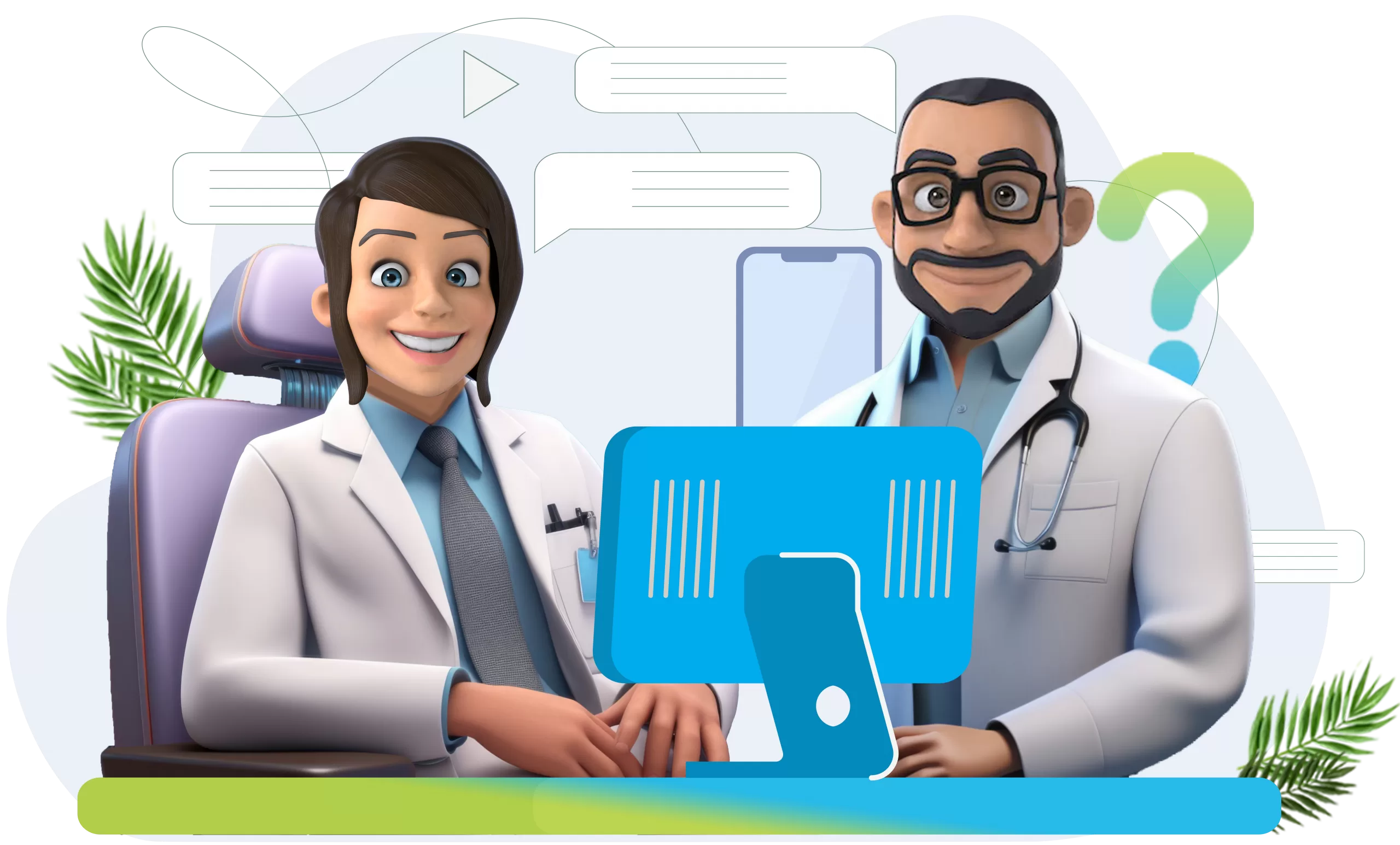If you’ve heard about Python but you’re not sure whether or not you should invest your time into learning it, you’re not alone. Many coders and people who know nothing about programming ask themselves the same question, and one of the reasons is that they don’t know whether learning Python will actually be difficult.
However, if you want to know whether learning Python will be useful, the answer is yes. In 2020, Python is a crucial part of many IT ecosystems. Both big tech companies and countless startups use it as a back-end programming language. For instance, Python is used by Netflix, Google, Instagram, Spotify, and Stripe. Thanks to its intuitive syntax, Python is easy to understand because it has a lot in common with English. Besides, if you’re a beginner, knowing Python will make it easier for you to learn other programming languages, as well.
If you’re a Python developer, you won’t have any problems with finding a good job that offers not only a nice salary but also flexibility. Therefore, learning Python certainly is a good idea. Will it be a difficult task? Let’s consider this programming language in more detail so that you can know what to prepare for.
What Python Is
Python was created in the 1990s by Guido van Rossum. The developer’s main idea was to create a programming language that will enable coders to read the code more than write it. As a result, Guido van Rossum managed to create the most readable programming language in the world. This is a general-purpose language so you can successfully use it in different areas.
The readability of Python makes this language a great choice for beginners. The traditional approach to learning programming languages usually involves printing hello, world. For example, if you decide to learn Java, this is what your code for hello, the world will look like:
class HelloWorld {
public static void main (String args[]){
System.out.println(?hello, world?);
}}
Understanding such code isn’t easy. A person who has never seen code before will have to understand some specific words, like class, static, or void. This code is hard to understand if you don’t know the basics of Java. Python is quite different. Here’s what your code would look like in Python:
print(?hello, world?)
That’s it. There are no specific terms that only programmers would understand. You can understand Python intuitively, and quite often, your code is much shorter than when dealing with other languages. Given that Python is easier to understand, it’s also easier to learn. For instance, explaining C++ to a beginner would be much more difficult. This is also a reason why there are more newcomers among Python developers than in any other programming language: about 22% of Python software developers have less than a year of coding experience.
The simplicity of this programming language also contributes to its quick growth. There are more than 7 million Python developers, and 62% of them are data scientists and machine learning developers. The development of data science has had a big impact on the growing popularity of Python, as data scientists are among the highest-paying jobs in the U.S.
Python, as well as SQL and R, is one of the key skills for data scientists. As a result, the demand for Python developers will continue to grow, making learning this language a good investment of your time. Now let’s think of what skills will come in handy when learning this programming language.
What Do You Need to Learn Python?
One of the best things about learning Python is that you can do it from home. There are many successful self-taught Python programmers. You can use many great resources that will help you learn this programming language online, with no need to attend a classroom.
For instance, to get started with Python, you can visit Codecademy. This website will help you quickly understand what programming is about and how it works. The main advantage of this platform is that you can learn while writing real code, get instant feedback, and use your knowledge in practice as soon as you learn it.
Beginners will also appreciate an online course from the University of Michigan Programming for Everybody; Getting started with Python. This course will help you gain the necessary theoretic language. Every topic is covered in a detailed and comprehensive manner. You can also find many other online courses on the internet. This way, you’ll be able to learn Python from home, learn the theoretical aspects of programming and practice your skills.
Wrapping Up
Although learning programming can be a challenging task, Python is easier than many other programming languages. It’s easy to comprehend, and this language is developing at a rapid pace, which makes knowing Python very useful for those who want to become a programmer in 2020. Develop a learning habit and use various online sources. This way, you will be able to learn Python even from home, with no need to sit in a class.






